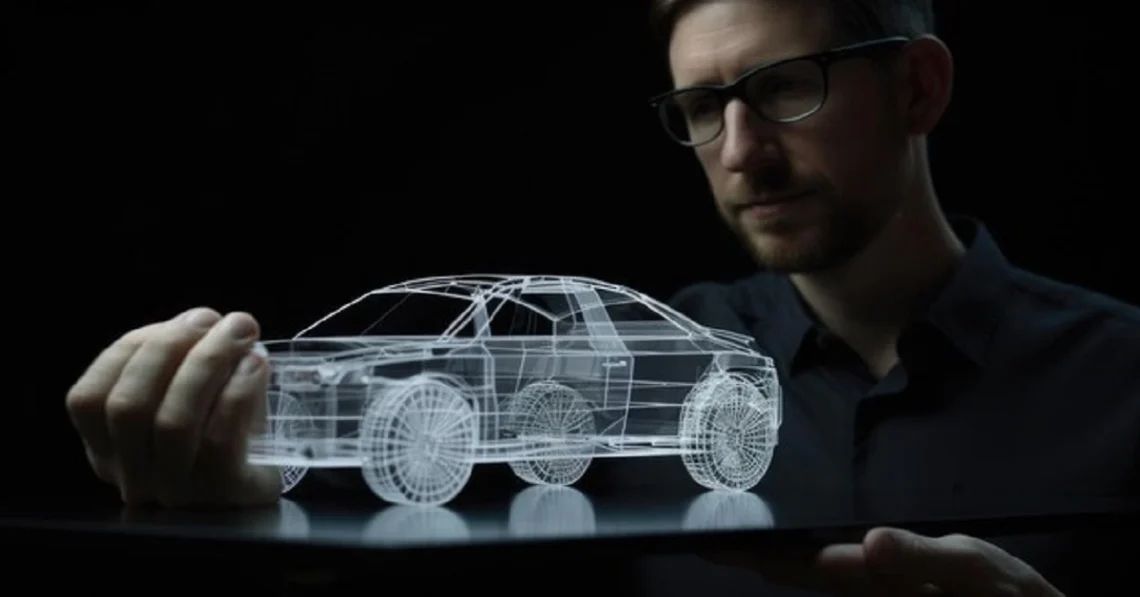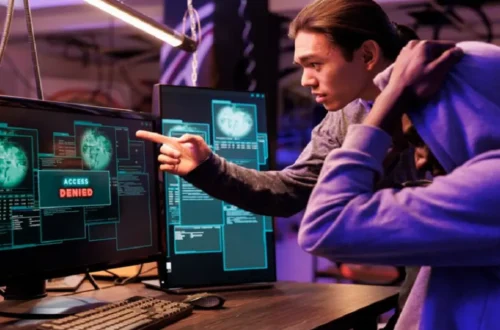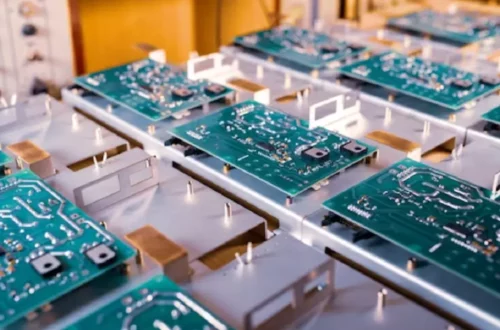The realm of vehicle customization, traditionally characterized by manual modifications and enhancements, has undergone a significant transformation with the advent of technology. This evolution has not only expanded the boundaries of what’s possible but has also democratized the process, allowing more individuals to personalize their vehicles in unprecedented ways. Here we will discuss about the multifaceted impact of technology on vehicle customization, spanning from design and performance upgrades to accessibility and environmental considerations.
The Digital Design Revolution
The journey of vehicle customization often begins with the design process. Advancements in software tools have revolutionized this stage, enabling designers to visualize modifications with precision before any physical changes are made. Computer-Aided Design (CAD) programs allow for intricate modifications to be planned out to the smallest detail, from bodywork alterations to the customization of interior features. This digital approach not only enhances accuracy but also opens up a world of creativity, enabling designers to experiment with designs that would have been difficult to conceptualize, let alone implement, in the past.
Performance Enhancement through Technology
Technology’s influence extends beyond aesthetics, significantly impacting vehicle performance. The integration of sophisticated electronics and software into vehicle systems has led to the development of performance chips and ECU (Engine Control Unit) tuning. These modifications can optimize engine performance, adjust fuel economy, and enhance the overall driving experience. Moreover, advanced materials technology has led to the creation of lighter, stronger components, from carbon fiber body parts to alloy wheels, further boosting performance and efficiency.
Accessibility and DIY Customization
One of the most significant impacts of technology on vehicle customization is its role in making the process more accessible to enthusiasts who are not professional mechanics or designers. The internet has been instrumental in this regard, offering a plethora of tutorials, forums, and online communities where individuals can share advice, find inspiration, and learn the intricacies of vehicle customization. Additionally, 3D printing technology has opened new doors for DIY enthusiasts, allowing them to design and produce custom parts and accessories at home, thus reducing costs and enabling personalized modifications that were previously unimaginable.
For those looking to find or ship custom parts, platforms like https://www.shiply.com/us/vehicle-delivery/auto-parts-delivery provide a convenient and efficient solution, further enhancing the accessibility of vehicle customization.
The Rise of Smart Customizations
As vehicles become increasingly interconnected and smarter, customization has also taken a leap into the digital realm. Software updates can now enhance vehicle functionalities, add new features, or improve system efficiencies without the need for physical modifications. Custom apps and interfaces allow drivers to personalize their in-vehicle experience, from dashboard displays to entertainment systems. This digital layer of customization offers a new dimension of personalization, allowing vehicle owners to tailor their cars to their lifestyle and preferences like never before.
Environmental Implications and Solutions
The conversation around vehicle customization also involves environmental considerations. As awareness of the environmental impact of vehicles grows, technology offers solutions to mitigate these effects. Electric vehicle (EV) conversions are a prime example, where traditional internal combustion engine vehicles are transformed into electric ones, reducing emissions and fuel consumption. Furthermore, advancements in battery technology and alternative fuels are enabling more sustainable customization options, aligning personalization with environmental consciousness.
The Future of Vehicle Customization
Looking ahead, the future of vehicle customization appears to be intertwined with technological advancements. Augmented Reality (AR) and Virtual Reality (VR) are poised to offer even more immersive design and customization experiences, allowing individuals to visualize modifications in real-time and in real environments. The integration of AI and machine learning could lead to intelligent customization options that adapt to the driver’s habits and preferences, further personalizing the driving experience.
Moreover, as autonomous vehicles become more prevalent, customization may shift towards interior spaces, transforming them into personalized mobile living spaces tailored to the needs and desires of their occupants. The potential for vehicle customization is limited only by the imagination and the pace of technological innovation.
Conclusion
The intersection of technology and vehicle customization is reshaping the landscape of personalization in the automotive world. From digital design tools and performance enhancements to the democratization of the customization process and the rise of smart customizations, technology has expanded the horizons of what is possible. As we move forward, it is clear that the future of vehicle customization will be driven by technological advancements, offering exciting possibilities for personal expression and environmental responsibility. The road ahead is not just about customizing vehicles but reimagining our relationship with them, as technology continues to shape the future of mobility in profound and transformative ways.





